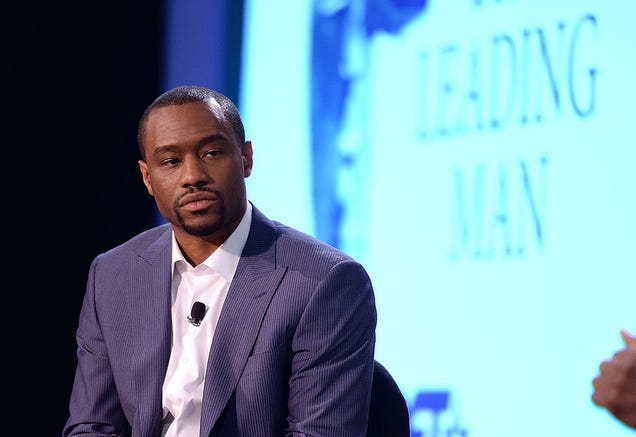If history is a grand tapestry, then the Great Migration represents a vibrant thread woven through the complex narrative of America. It isn't just a story of movement—it's a tale of resilience, courage, and an unfaltering pursuit of better opportunities.
Between 1916 and 1970, roughly six million African Americans moved out of the rural Southern United States to the urban Northeast, Midwest, and West. This massive exodus changed the landscape of America, transforming cities and setting the stage for critical social and political changes. So, let's retrace those footsteps.
Imagine the year is 1916. The boll weevil has ravaged the cotton fields of the South, and World War I has created new industrial jobs in the North. The South, steeped in the shadows of the Jim Crow era, offers limited opportunities for African Americans. The North, with its siren song of jobs and relative freedom, becomes an irresistible beacon. This is where our journey begins.
The courage to uproot one's life is immense. Families packed their belongings, said heartfelt goodbyes to their homes, and set off for unknown territories. They sought not only employment but also an escape from the oppressive racial segregation of the South. But while the North and West promised new opportunities, they were not without their challenges.
Northern cities, despite their relative freedom, were not immune to racism and discrimination. The influx of new Black citizens was often met with hostility, leading to tensions and even race riots. Yet, despite these challenges, the migrant African Americans held onto their resilience. They created thriving communities, brought cultural vibrancy, and significantly contributed to the urban landscape.
Chicago, New York, Detroit, and Los Angeles became cultural epicenters for African Americans, birthing new movements in music, art, and literature. The Harlem Renaissance, a cultural revolution in the 1920s, was directly fueled by this influx. Jazz, blues, and gospel music echoed in the streets, and African American literature and art found new audiences.
The Great Migration also had a profound impact on the political landscape of America. As African Americans gained voting power in their new homes, they began to influence local and national politics, laying the groundwork for the Civil Rights Movement of the mid-20th century.
The Great Migration is a testament to the indomitable spirit of African Americans. It's a story of perseverance in the face of adversity and a pursuit of opportunities in the face of challenges. The footsteps of those who participated in this massive exodus have left deep imprints on the soul of America, shaping the country into what it is today.
So, when we trace the footsteps of the Great Migration, we're not just following a path on a map. We're walking through history, feeling the echoes of resilience, and understanding the immense courage it took to pursue a dream. The Great Migration is more than a movement—it's a legacy.


